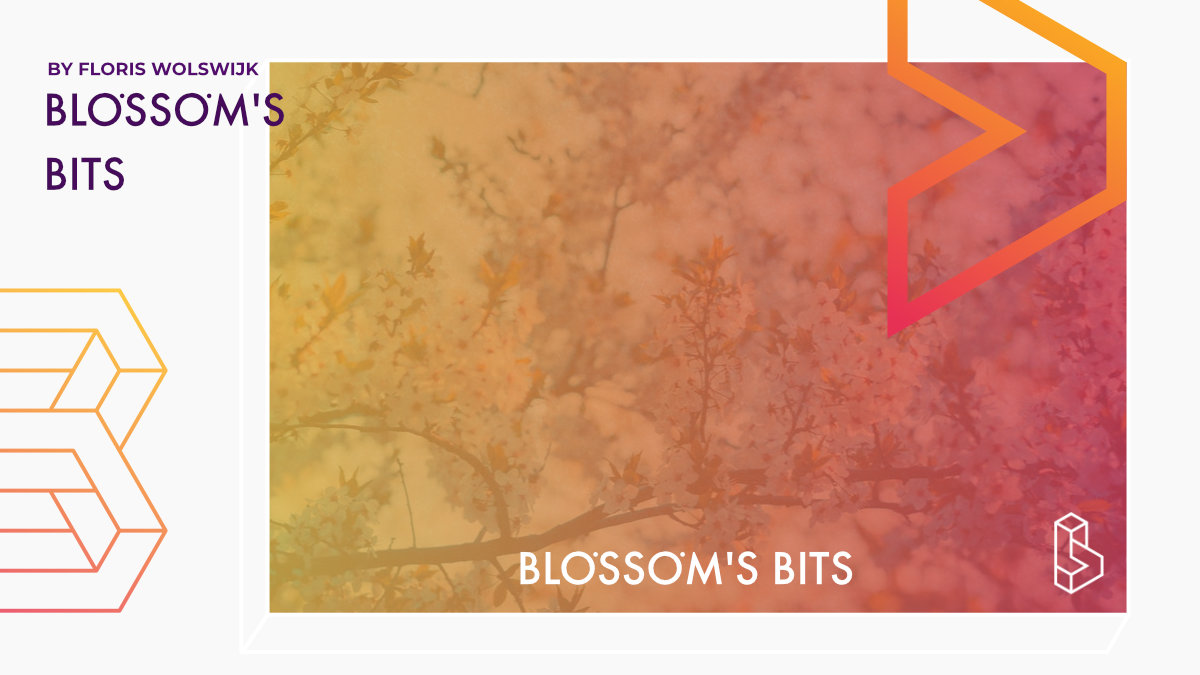Anyone following the rise of psychedelic science in recent years should be all too familiar with the efforts to patent various aspects of the psychedelic experience – from the drug themselves to methods of administering them.
Many companies are scrambling to file patents for their formulations of a given psychedelic, and some are having success. However, just as quickly as these claims are filed – others in the field are contesting these claims.
In the simplest sense, patents reward innovation. Is there anything truly innovative about bringing thousands of years old practices into the realm of modern science and biomedicine?
The patent debate has become one of the dominant features of the psychedelic discourse in recent years – a hot topic at conferences, panel discussions and online.
Both sides have pros and cons, so let’s take a quick look.
To patent or not to patent?
Many patent proponents argue that such practices are nothing but “standard practice” within the pharmaceutical industry. Next to innovation, patents financially reward the holder.
Generally, pharmaceutical companies state that patents protect their initial investments and that the revenue generated from patented molecules is used to fund research and development.
Given the cost of clinical trials and the drug development process, the funds generated from patents on psychedelic molecules could help expedite getting psychedelic therapy on the market.
On the other hand, patent holders get a say in the price one must pay for using their innovation. Many in the psychedelic field are concerned that if the price is too high, access to these treatments will be limited – especially amongst those who need it most.
Take Janssen Pharmaceuticals Spravato (esketamine) as an example. This treatment is now widely available in the U.S. and Europe. However, costing roughly £10,000 per course of therapy – regulators in the U.K. have rejected its use for a third time because its benefits do not outweigh its costs.
Others have raised concerns about biopiracy as companies with contentious patents are set to profit from the knowledge of the Indigenous communities that have stewarded psychedelic plant medicine for thousands of years.
Some have proposed solutions to the debate – the creation of prior art repositories like Porta Sophia, the introduction of patent pledges that would not see patents enforced or tightening restrictions on the requirements for novelty.
Just this week, a company has been awarded a patent on “candy flipping” – the practice of taking LSD and MDMA together. I’m sure many partygoers out there could challenge the “novelty” of such a claim.
Become a psychedelic insider
Get a Pro Membership to enjoy these benefits & support Blossom📈 full reports on Topics & Compounds
🧵 full summary reviews of research papers
🚀 full access to new articles
See Memberships

